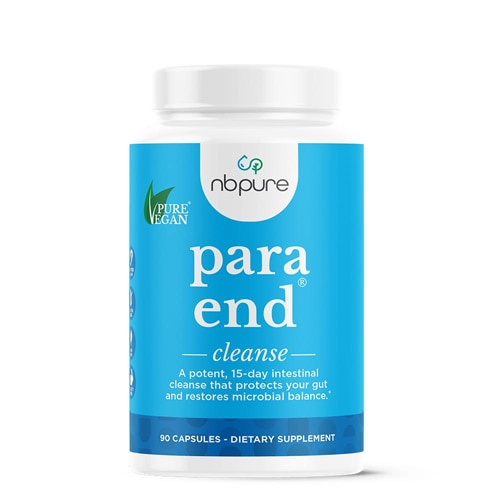Does the idea of
“detox” conjure up images of expensive supplement regimens and
green juice cleanses? Or does the overuse of the term in the natural health community make you immediately skeptical?
Although both digestive detox and detox in general have come to be associated with a variety of dubious practices, detoxification is a real process. You encounter toxins every day in the environment, in food and even as part of normal metabolism, which must be removed to prevent cellular damage.
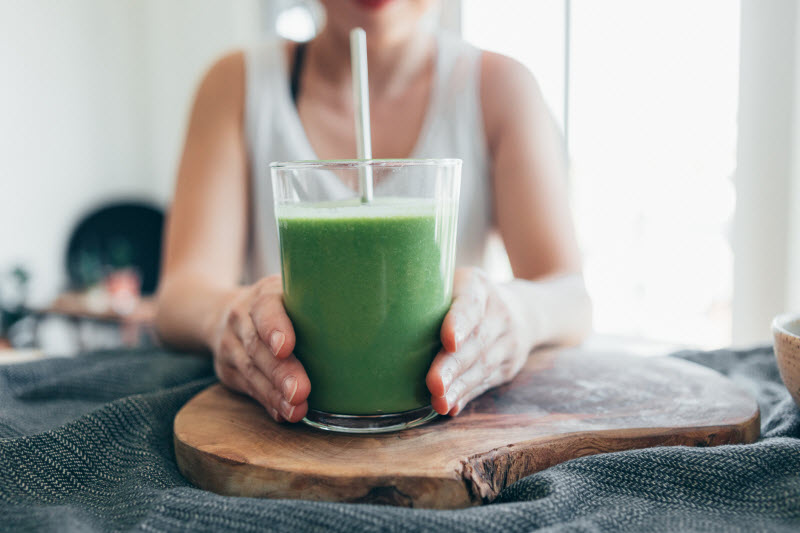
It’s impossible
to avoid every source of toxins, but your body is well-equipped to deal with them. Understanding how detoxification works can help you make the best decisions to support optimal function.
What does detox mean, really?
The clearing of toxins is a continual process. Most major organ systems are involved, including respiratory, lymphatic, urinary, digestive and integumentary (skin).
In digestive detox, the liver plays a starring role. It filters blood from the gastrointestinal tract, removes fat-soluble toxins and converts these toxins into compounds that can be eliminated.
This conversion happens in two phases:
- Phase 1: Fat-soluble toxins are transformed into water-soluble metabolites
- Phase 2: Metabolites are joined with other compounds via enzymatic reactions in a process known as conjugation
Once conjugation is complete, bile--also produced by the liver--
carries the neutralized compounds to the colon, which carries them out of the body. Other organs in the digestive system, including the small intestine, support detoxification by preventing toxins and pathogens from entering the blood. The kidneys, part of the urinary system, also act as filters for toxins, medications and other compounds.
Dangerous “digestive detox” plans to avoid
Unfortunately, the concept of detoxification has been hijacked by the natural health world, resulting in the promotion of countless detox diets and supplements. Some are harmless; others can be dangerous and have long-lasting negative effects.
Avoid any trendy “digestive detox” products or protocols that:
- Claims you need to remove pounds of “toxic sludge” from your colon
- Insists toxic matter has “adhered” to your colon’s walls and needs to be removed
- Requires you to purchase or make a special laxative, tea or cleansing drink
- Encourages you to “flush” your gallbladder
Risks of following these regimens range from dehydration and electrolyte imbalance to
diarrhea, dysbiosis and impared bowel function.
So, what do you do if you want to support your body’s real detoxification systems for a little internal spring cleaning? Skip the potentially dangerous gimmicks, and opt for healthy ways to clear out chemicals and the natural byproducts of metabolism.
A safe and effective detox diet for spring
A successful, healthy detox regimen starts with a plan. You don’t just want to spend a few weeks “cleansing“ your body and undo all your progress by reverting to old habits. Optimal detoxification is part of overall health, so you need to begin with the goal of sustaining changes in the long term.
Dietary approach to digestive detox
To support toxin removal and help your body eliminate waste products associated with metabolism:
- Increase intake of fresh fruits and vegetables--emphasizing oranges, tangerines, lemons, cruciferous veggies and bitter greens
- Reduce or eliminate processed foods, particularly those high in sugar and additives
- Reduce or eliminate intake of red and processed meats
- Reduce intake of animal products (meat, fish and dairy)
- Avoid alcohol, which is processed by the liver
- Add fermented foods like sauerkraut and tempeh to meals
- Flavor dishes with cilantro
- Drink an adequate amount of water according to activity level
- Buy organic when it makes sense for your budget
Together, these changes can protect against free radical damage, encourage a diverse gut microbiome and aid your body in eliminating both
heavy metals and metabolic waste.
Lifestyle detox support
Smart lifestyle habits help you get the best results from a detox diet. Here’s how:
After practicing these habits for a while, they should become second nature--and you’ll feel a lot better as a result!
Support your liver and gallbladder
Some herbs offer additional digestive detox support by promoting healthy liver and gallbladder function. Milk thistle is a common choice
that may protect your liver during the detoxification process.
† You can also look for
digestive bitters made from plants like:
- Dandelion
- Artichoke leaf
- Burdock root
- Yellow dock
- Barberry
- Gentian
Check with your doctor before taking any of these herbs, as some may interact or interfere with prescription medications.
As you make changes to support your body’s natural digestive detox process, you may experience some mild symptoms, such as tiredness, headache or changes in bowel habits. These are all normal when adjusting to new diet and lifestyle habits.
Stick with it! Staying committed will help you form new habits that reduce your exposure to toxins and support health in the long term.
†These statements have not been approved by the Food and Drug Administration. These products are not intended to diagnose, treat, cure or prevent disease.
Featured products:
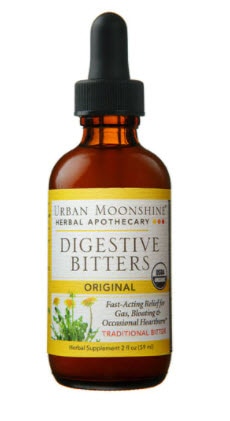
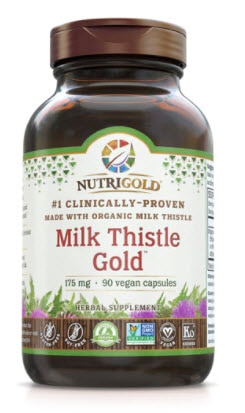
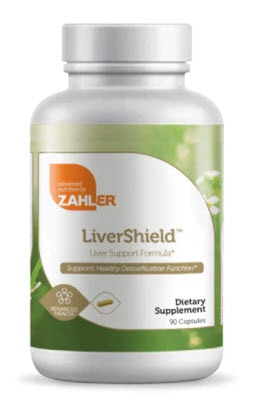
 It’s impossible to avoid every source of toxins, but your body is well-equipped to deal with them. Understanding how detoxification works can help you make the best decisions to support optimal function.
It’s impossible to avoid every source of toxins, but your body is well-equipped to deal with them. Understanding how detoxification works can help you make the best decisions to support optimal function.






